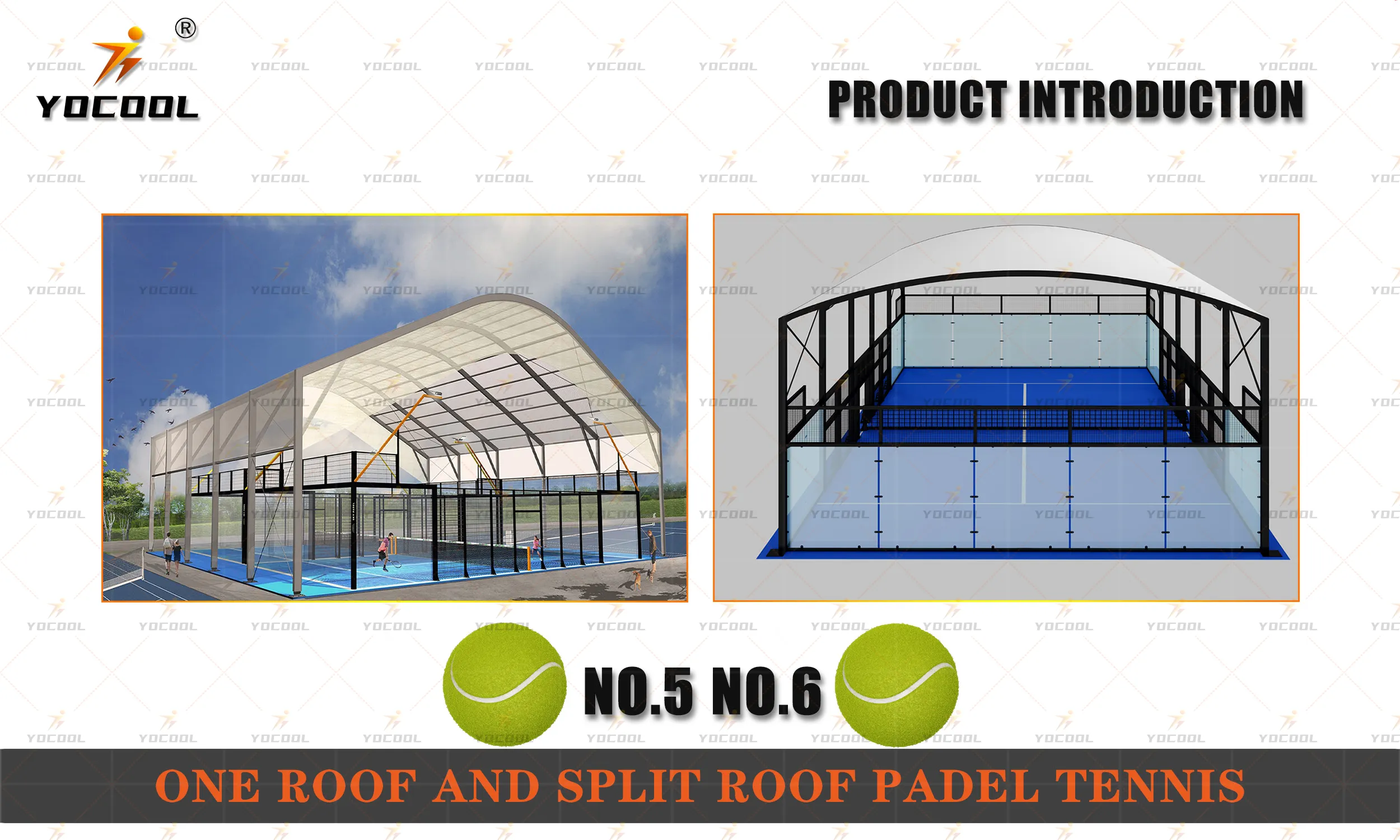

Understanding the Wholesale Cost to Build a Padel Court
Padel, a rapidly growing sport that combines elements of tennis and squash, has gained popularity worldwide. As its appeal expands, many individuals, clubs, and recreational facilities are looking to build padel courts. However, before embarking on this venture, understanding the wholesale cost to build a padel court is crucial for budget planning and ensuring a successful project.
Initial Considerations
The cost of constructing a padel court can vary significantly based on several factors, including location, materials, and design. Before diving into the costs, it's essential to assess the location where the court will be built. Urban areas may encounter higher land costs and zoning regulations compared to rural areas. Additionally, accessibility for the public and potential clientele can influence site selection.
Key Components of Padel Court Construction
1. Court Dimensions and Design A standard padel court measures 20 meters in length and 10 meters in width. The court is enclosed with glass walls and fencing, which contributes to the unique play style of the sport. When considering the wholesale cost, the design, including the quality of materials used for walls and flooring, should be accounted for. Higher-grade materials will naturally raise the costs but contribute to the longevity and aesthetics of the court.
2. Surface Material The playing surface of a padel court typically consists of synthetic turf, which offers durability and comfort. The wholesale cost for synthetic turf can fluctuate based on quality and supplier. Moreover, to ensure an optimal playing experience, proper drainage systems must also be installed, which adds to the overall expenditure.
3. Lighting and Amenities Proper lighting is crucial for night-time play, making it an essential aspect of court construction. Installing high-quality LED lights can increase the upfront cost but can save money in the long run due to energy efficiency. Furthermore, additional amenities such as benches, changing rooms, and restroom facilities should also be considered, as they enhance the player experience and can attract more users.

4. Labor Costs Labor costs can significantly affect the total expenditure of building a padel court. Skilled labor is necessary for the appropriate installation of the court structure, surfaces, and additional amenities. Engaging a reputable contractor who specializes in sports facilities may increase initial costs but can ensure a high-quality build that meets local regulations and safety standards.
5. Maintenance Considerations It's important to factor in the ongoing maintenance costs after the construction of the padel court. These expenses can include resurfacing the court, cleaning, and general upkeep, which are essential to keep the court in playable condition.
Estimating Wholesale Costs
When estimating the wholesale cost to build a padel court, one can expect a range of prices based on the factors previously discussed. On average, the costs can range from $25,000 to $50,000 for a basic setup, including all essential features. However, premium courts with high-end materials and additional amenities can exceed $100,000.
To manage costs effectively, it is advisable to obtain quotes from multiple suppliers and contractors, ensuring transparency and a competitive price. Additionally, purchasing materials in bulk or during sales can reduce expenses significantly.
Conclusion
Building a padel court can be an exciting project that offers substantial returns, especially as the sport continues to grow in popularity. By understanding the wholesale costs and planning accordingly, enthusiasts and investors can create a successful facility that caters to both new players and seasoned athletes. Careful consideration of all elements involved in the construction process, from materials to labor, will lead to a well-constructed and sustainable padel court that can thrive for years to come.
Premium Paddle Racquet | AI-Optimized Design
Smart Padel Courts with GPT-4 Turbo AI
AI-Powered Paddle Racquet w/ GPT-4-Turbo Optimized
China Pro Ping Pong Paddle | Premium Spin Control
Premium AI-Enhanced Padel Court | GPT-4 Turbo Design
High-Quality Paddle Racquet for Professional Padel and Paddle Courts